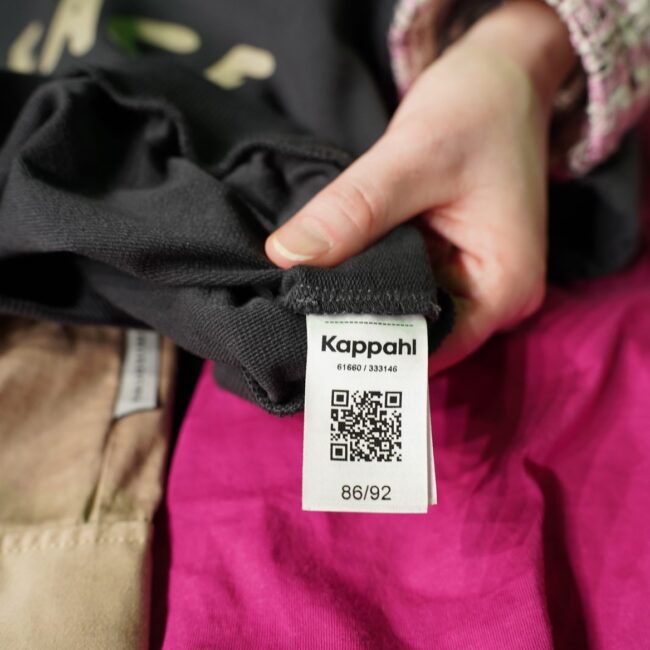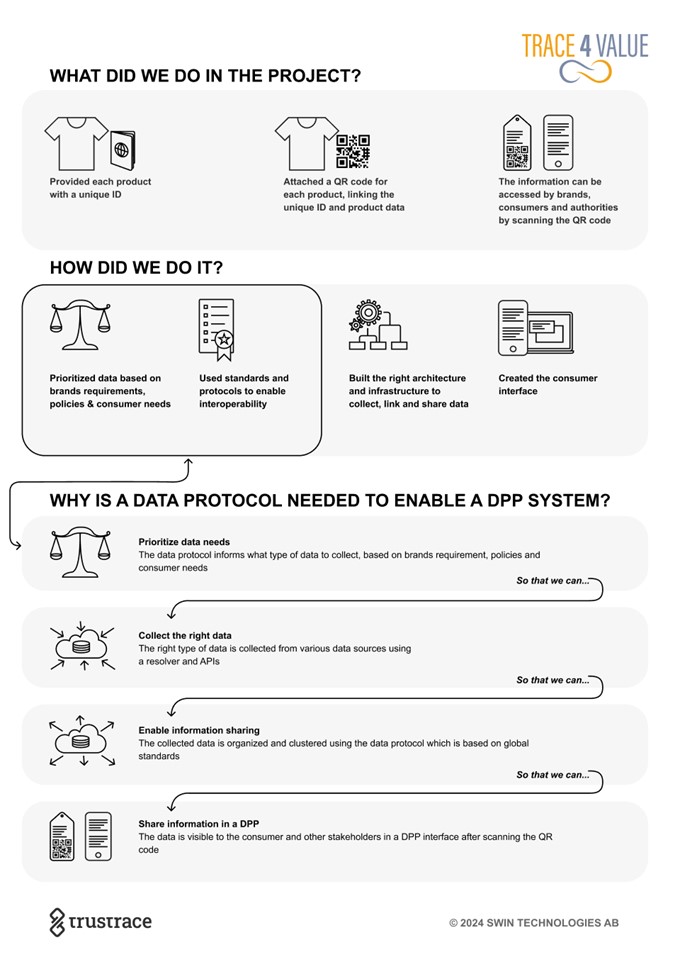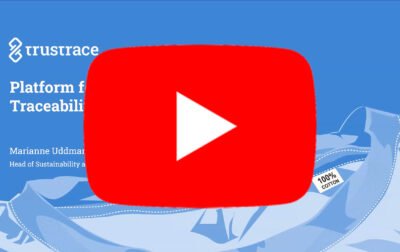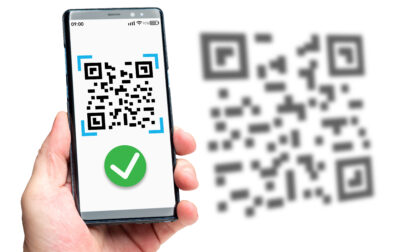Pioneering Digital Product Passports: Transforming textile industry standards

In alignment with the EU Strategy for Sustainable and Circular Textiles, the Ecodesign for Sustainable Product Regulation (ESPR) mandates that all textiles sold within the EU by 2027-2028 must be accompanied by digital product passports (DPPs). These passports provide comprehensive information about the product and its materials throughout its lifecycle, necessitating a robust technical architecture and infrastructure to facilitate seamless data sharing across the value chain. Our pilot project is innovating the DPP system.
Through our groundbreaking Trace4Value initiative, we are piloting the entire technical architecture and infrastructure of the Digital Product Passport system. Over 3000 pilot products from leading brands Kappahl and Marimekko have been equipped with ID carriers storing crucial supply chain and transparency data. The ID carrier, a QR code, was attached to the garments in the production stage, by Kappahl and Marimekko suppliers. By scanning the QR code with a mobile device, consumers and stakeholders can instantly access detailed product information. Our DPP adheres to global standards for interoperability and employs decentralized data storage across two platforms.
How does a digital passport work?
In parallel to the Pilot Kappahl also onboarded a traceability solution, to enable suppliers to digitally trace all Kappahl garments. A traceability tool such as this one is a prerequisite for brands to implement a scalable DPP system with valid traceability data.
Establishing a Data Protocol for Seamless Information Sharing
A key milestone of our project was the development of a Data Protocol that systematically defines and categorizes information requirements based on industry standards. This protocol facilitates data sharing among all stakeholders, incorporating directives from ESPR, existing data protocols, and brand and consumer preferences.
Press release: Launch of data protocol for DPP in textiles

Empowering Brands and Consumers
Our participating brands stand to gain numerous benefits from this project:
- Increased transparency and traceability for enhanced consumer communication and product design.
- Compliance with current and future regulations.
- Progress towards circular material flows by establishing foundational information sharing in the value chain.
Our project’s overarching goal is to:
- Improve transparency and sustainable production practices.
- Transition towards a circular economy.
- Enable authorities to verify compliance.
- Empower consumers to make informed and sustainable choices.
- Foster new business opportunities.
As part of our commitment to knowledge sharing, a master thesis from Alto University has been conducted to explore the challenges and opportunities associated with implementing DPPs in the textile industry.
Pioneering Digital Product Passports for the Textile Industry
Through the Trace4Value project, we pilot the implementation of Digital Product Passports (DPPs) within the textile sector, aligning with the EU Strategy for Sustainable and Circular Textiles. Our pilot involved over 3,000 garments from brands such as Kappahl and Marimekko, each tagged with unique QR codes to deliver comprehensive product lifecycle data directly to consumers. By scanning these QR codes, consumers access transparency regarding materials, sustainability metrics, and supply chain details.
This initiative addresses the challenges of data standardization, system interoperability, and regulatory compliance, demonstrating a scalable approach to achieving transparency, enhancing consumer engagement, and accelerating the industry’s transition towards circular practices.
A detailed master thesis from Aalto University has also explored practical challenges and opportunities of implementing DPPs, providing valuable insights for further scaling of this innovation.
Partnership for progress
Our project is made possible through collaboration with esteemed partners:
Trustrace, Marimekko, Kappahl, Elis, SIS Swedish Institute of Standards, GS1, TEXroad Foundation, Circularista, Policy Hub, Alto University (master thesis).
Contact









